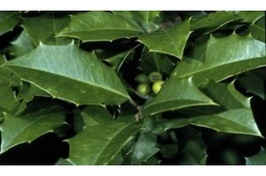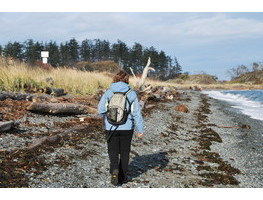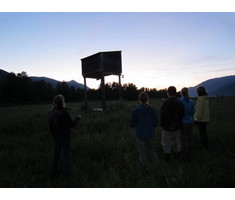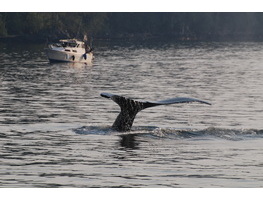Search for Columba livia returned 12 results.
-
Biodiversity Science project: British Columbia Beached Bird Survey
Each month, volunteer citizen scientist along British Columbia's coast head to their local beaches to look for bird carcasses. It may sound grim, but the data collected during these surveys provides crucial baseline information on the causes and rates of seabird mortality. The resulting information provides a good indication of marine ecosystem health and can serve as an early detection system for changes in ocean conditions...
-
Biodiversity Science project: The River Mile Columbia River Watershed Crayfish Study
"The River Mile" is a network of educators, students, resource managers and scientists in the Columbia River Watershed exploring the essential question: “How do relationships among components of an ecosystem affect watershed health?” The River Mile is a participant driven approach to learning about, researching and exploring the watershed health of the Columbia River. Participants share best practices, lessons learned, examples, links to resources and real world scientific...

-
Biodiversity Science project: British Columbia Bat Watch
Bat Watch is a citizen science initiative to monitor bat populations over the long-term. Given the spread of White Nose Syndrome (WNS), a devastating disease that is killing bats during hibernation, monitoring bat populations is more important than ever. Since WNS has not yet reached British Columbia, assessing populations annually will allow biologists to detect drastic changes in populations providing an early detection of WNS...
-
Biodiversity Science project: Columbia Basin Water
We are collecting rain and snow samples to develop a water balance for the region based on the isotopes of oxygen and hydrogen in the water molecule. This is part of a larger project that is evaluating the past, present, and future of water resources in the Columbia Basin. More information on the project can be found here: http://janicebrahney.weebly.com/columbia-basin.html and here: https://www.instrumentl.com/campaigns/janicebrahney/
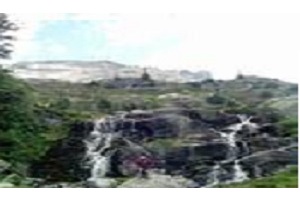
-
Biodiversity Science project: BC Cetacean Sightings Network
Twenty-three species of cetaceans and sea turtles have been recorded in the waters of British Columbia, Canada. Many of these populations are 'at-risk' and under-studied. The B.C. Cetacean Sightings Network (BCCSN) collects sightings of cetaceans and sea turtles in the waters surrounding British Columbia, Canada using a network of citizen scientist observers...
-
Biodiversity Science project: 5th Open Science Meetup (with Stuart Firestein)
Authorea is excited to announce our 5th NYC Open Science Meetup with Chair of Columbia Biological Sciences and neuroscientist, Dr. Stuart Firestein.

-
Biodiversity Science project: Cascades Pika Watch
Pika are considered to be a sensitive indicator of climate change due to their inability to survive long periods of warm summer weather. The pika population in the Columbia River Gorge is of partcular interest as these pika live at lower elevation than anywhere else in the US. Note: For opportunistic surveys please use 'Pika Watch(2) Custom Form', for assigned site sitting surveys use 'Pika Watch(1) Custom Form'
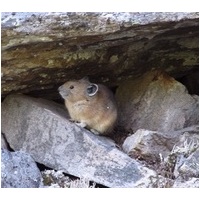
-
Biodiversity Science project: DC/Baltimore Cricket Crawl
The annual Cricket Crawl is a call to citizen scientists, artists, naturalists and scientists for an evening sound census of the late summer crickets and katydids singing throughout local areas in Washington District of Columbia (DC), Arlington (VA) and Baltimore (MD). This is a citizen science pilot project in which participants listen for the calls of crickets and katydids and document their observations...
-
Biodiversity Science project: Guardians of the Deep
Guardians of the Deep is a citizen science program through which SCUBA divers identify and count threatened marine fish species. The fish count data is important for monitoring marine species affected by over-fishing and habitat loss. We need volunteer certified SCUBA divers to take part in species identification training and monitoring dives along the coast of British Columbia, Canada. Please contact us for more information on how to become a Guardian of the Deep!
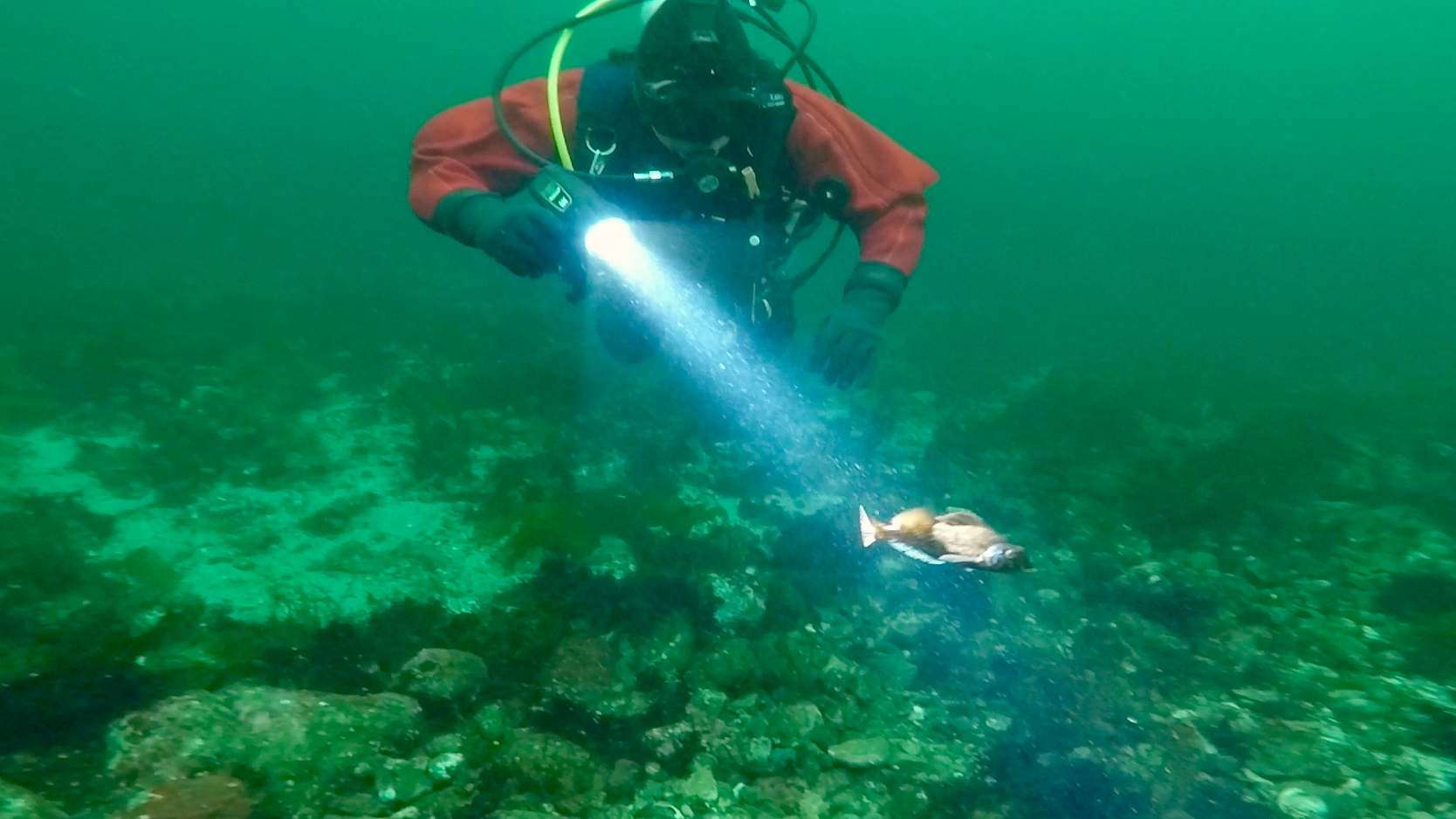
-
Biodiversity Science project: Leafsnap
Leafsnap is a series of electronic field guides developed by researchers from Columbia University, the University of Maryland, and the Smithsonian Institution. The free mobile apps use visual recognition software to help identify tree species from photographs of their leaves, and contain beautiful high-resolution images of leaves, flowers, fruits, petioles, seeds and bark...
